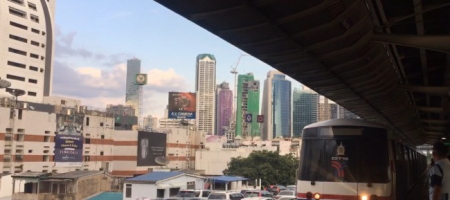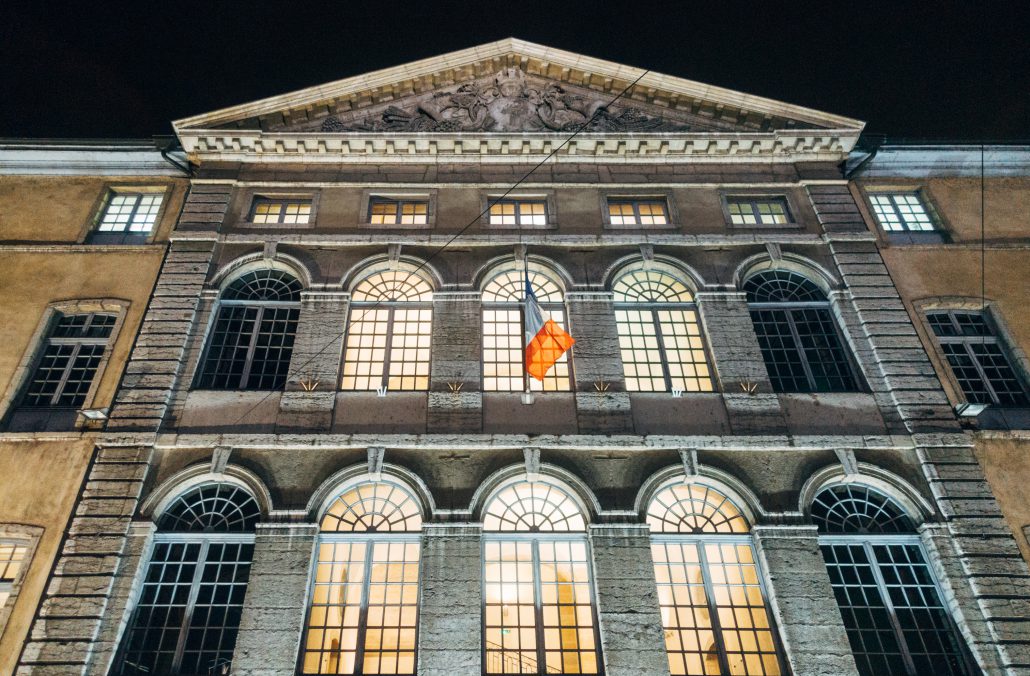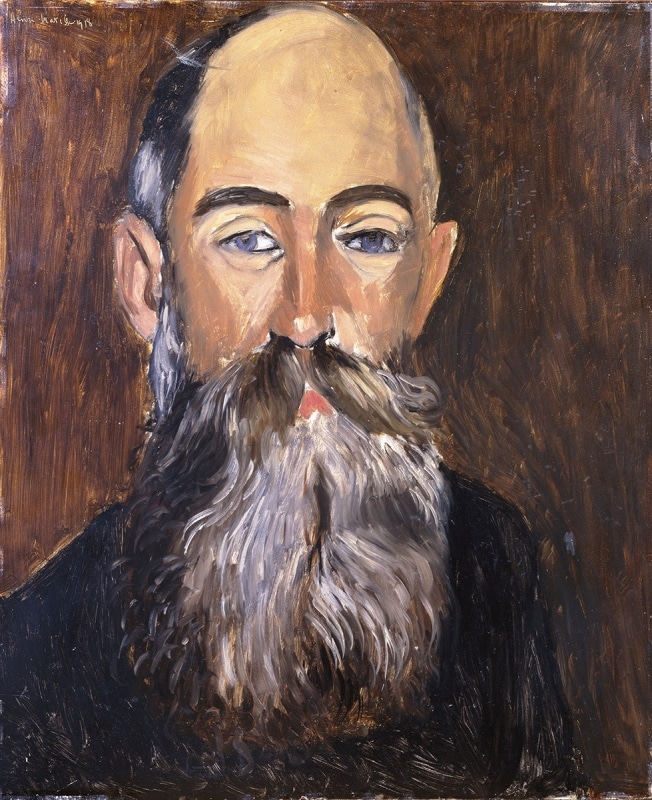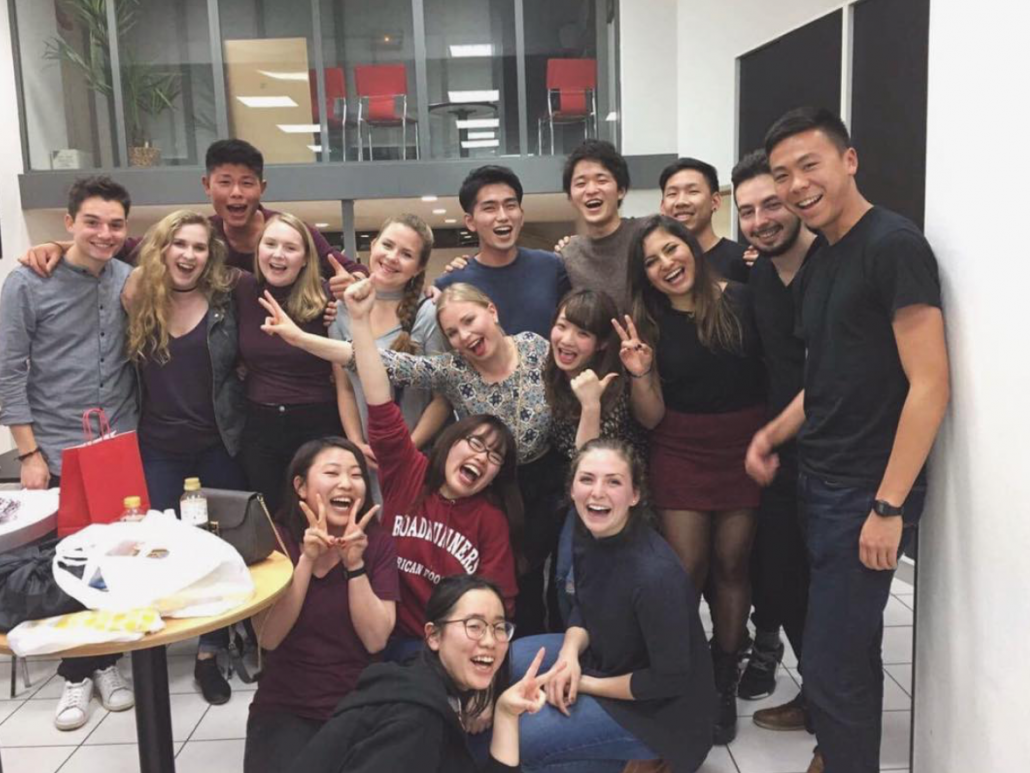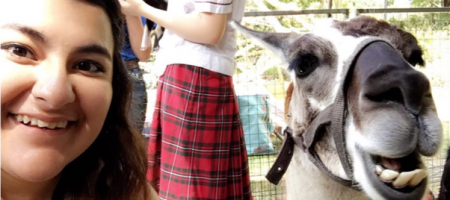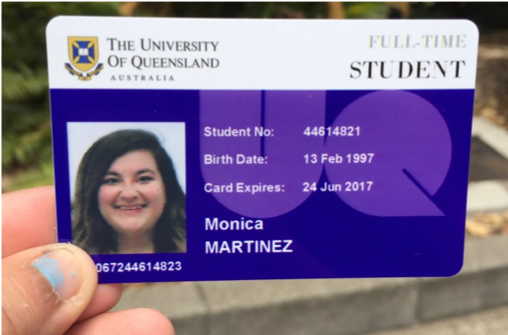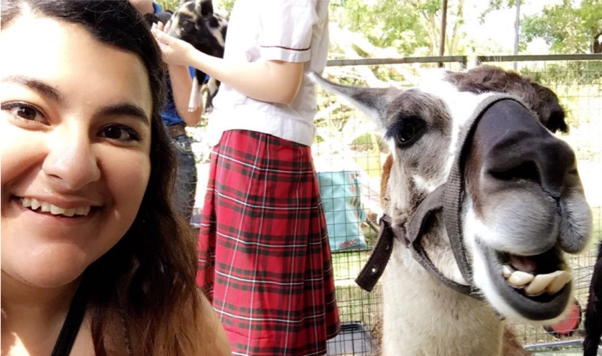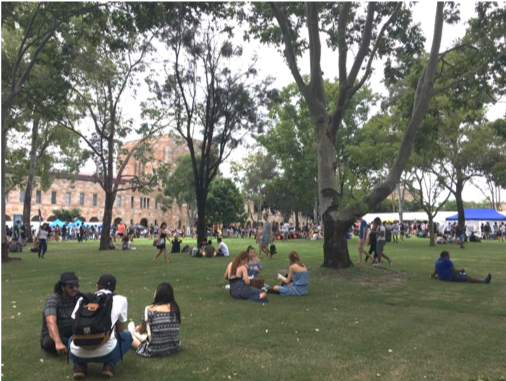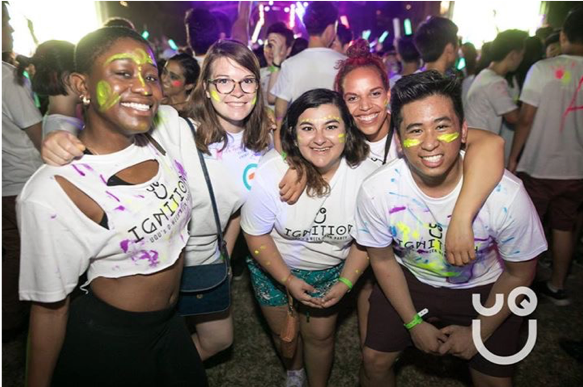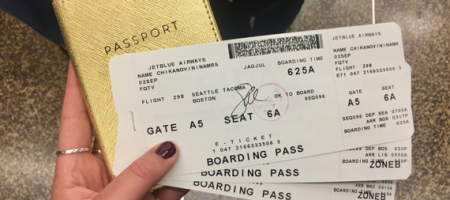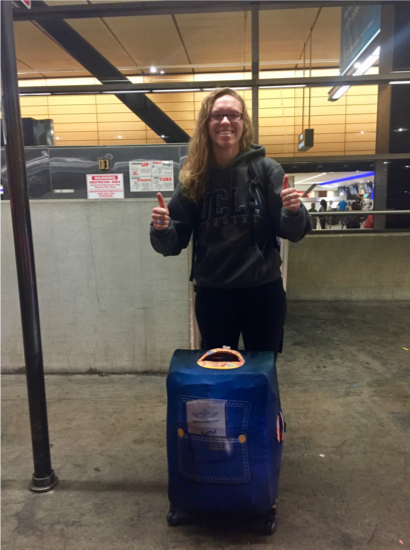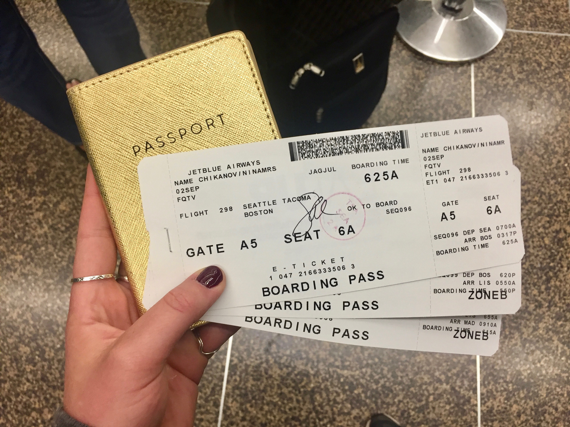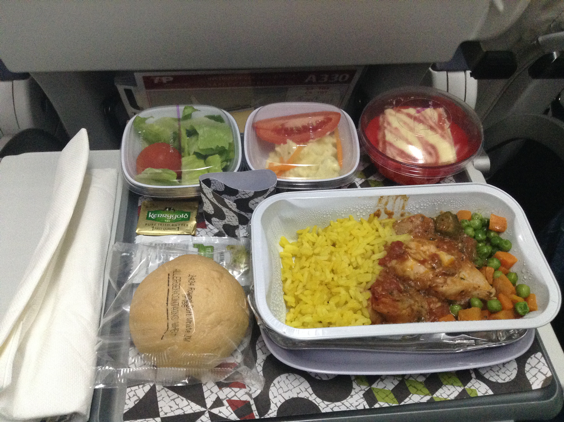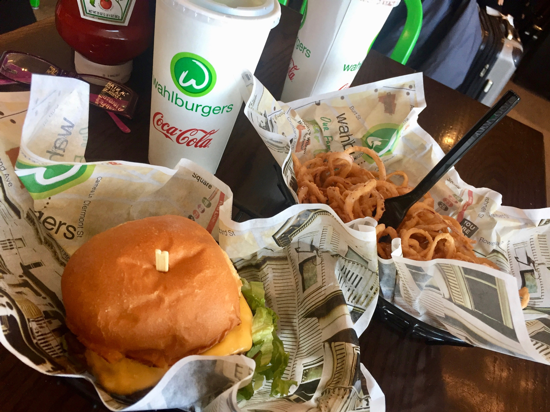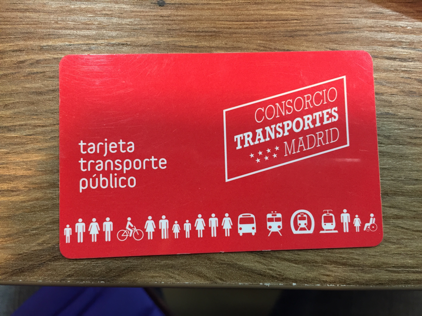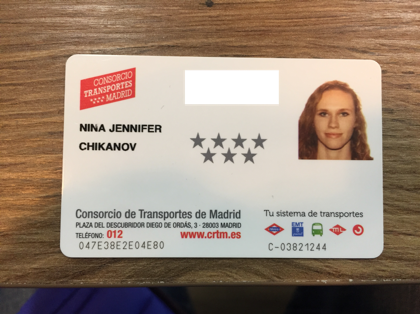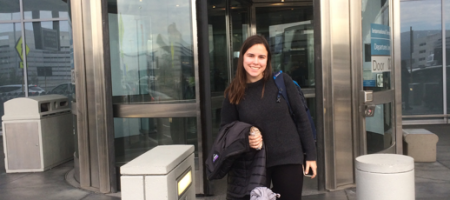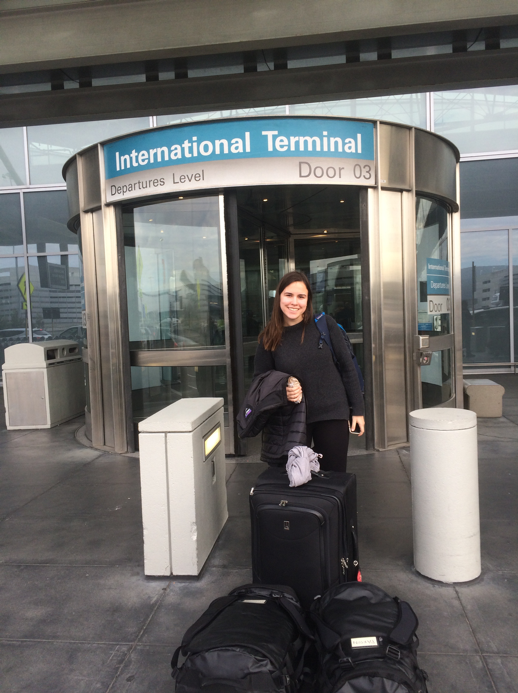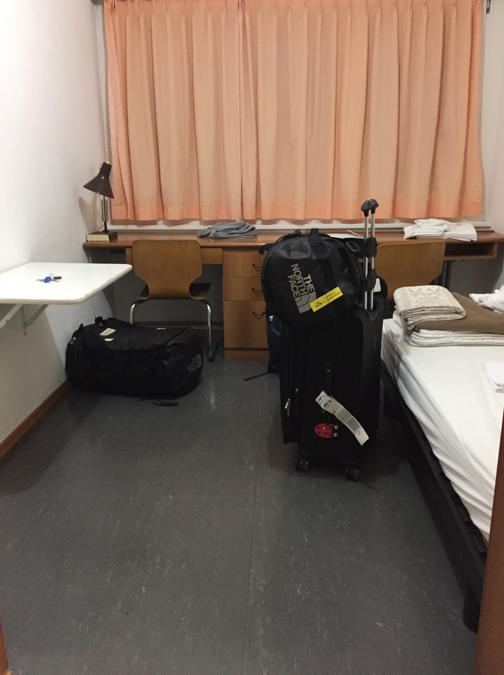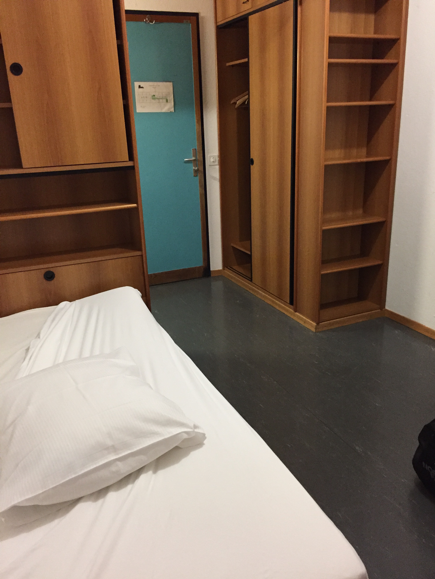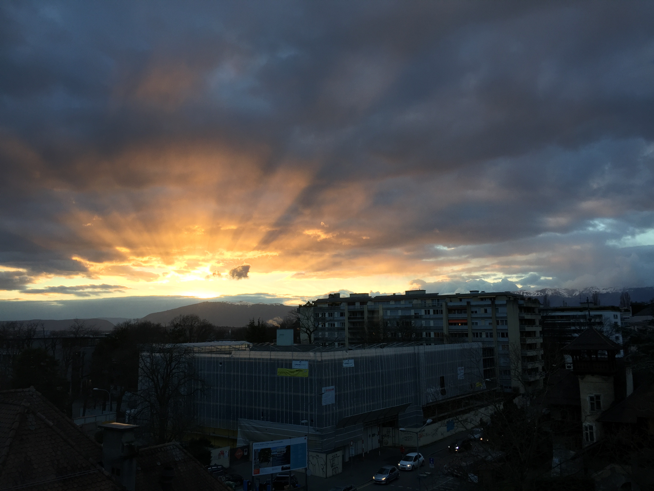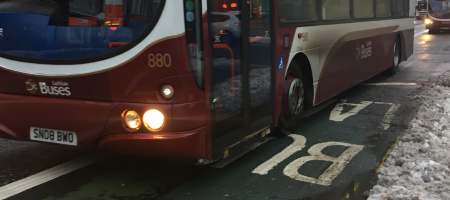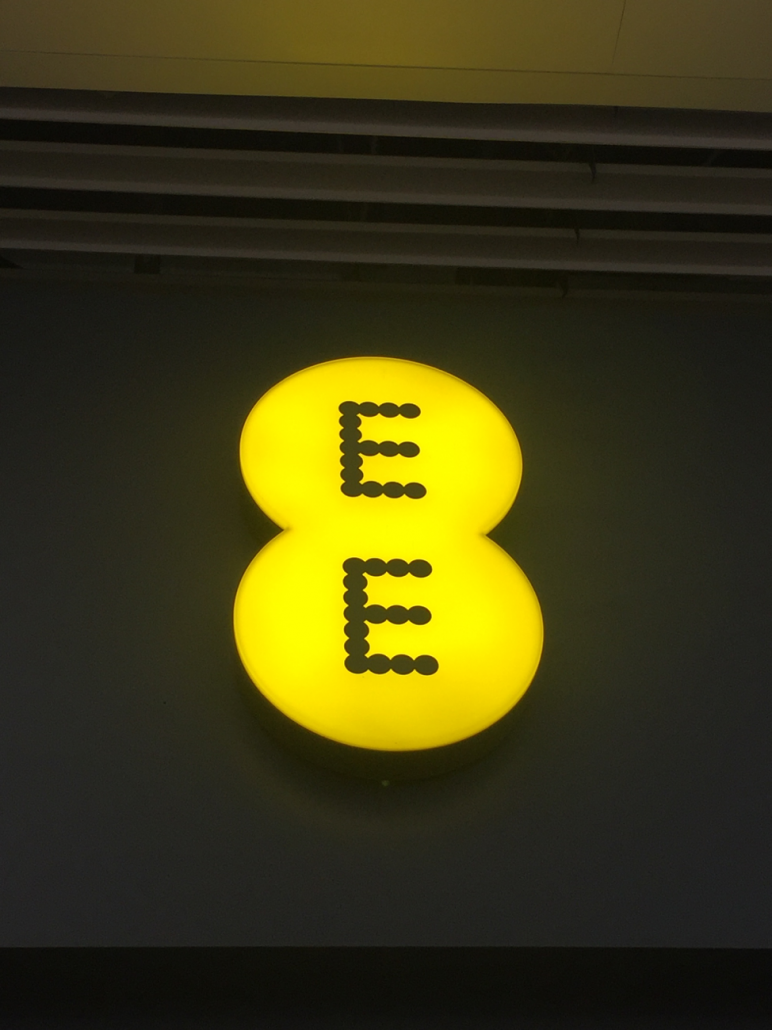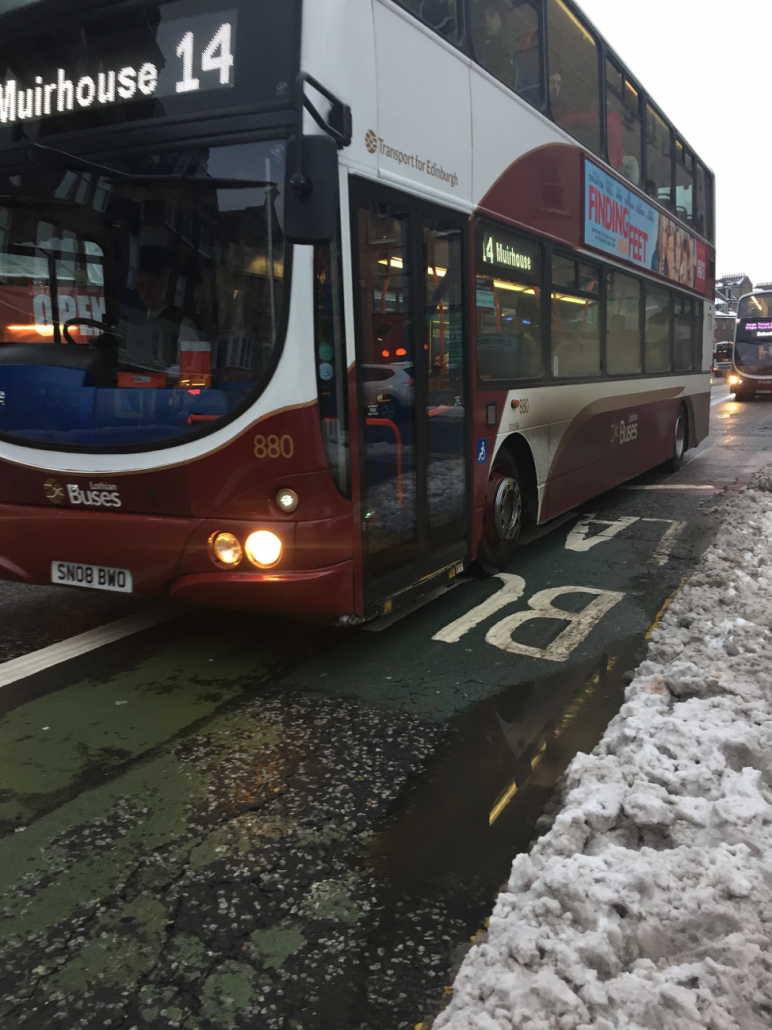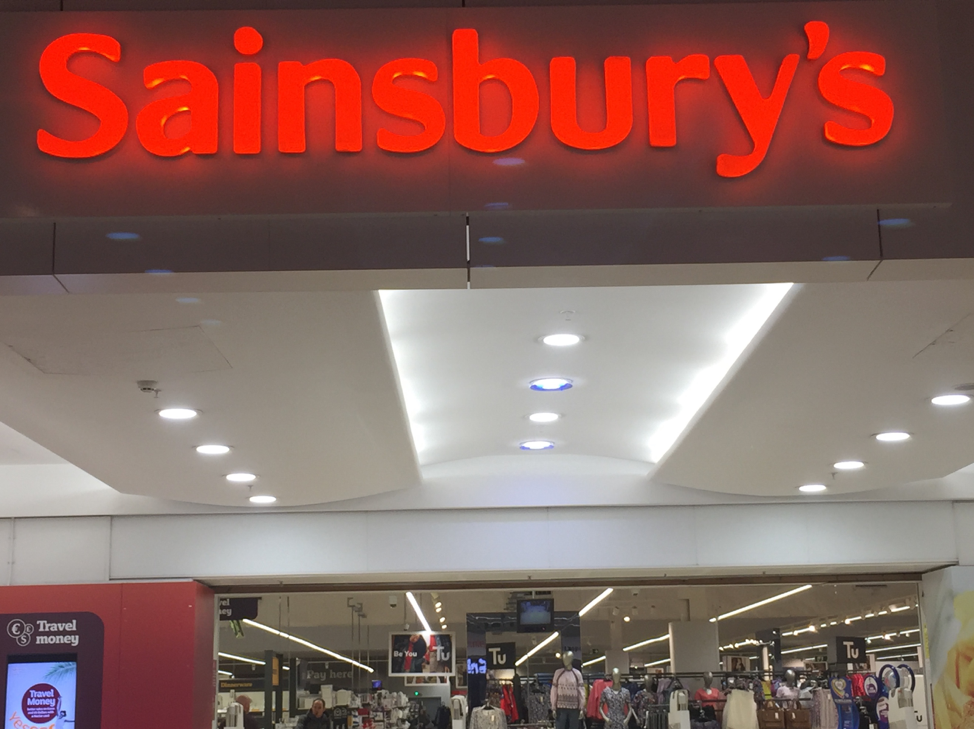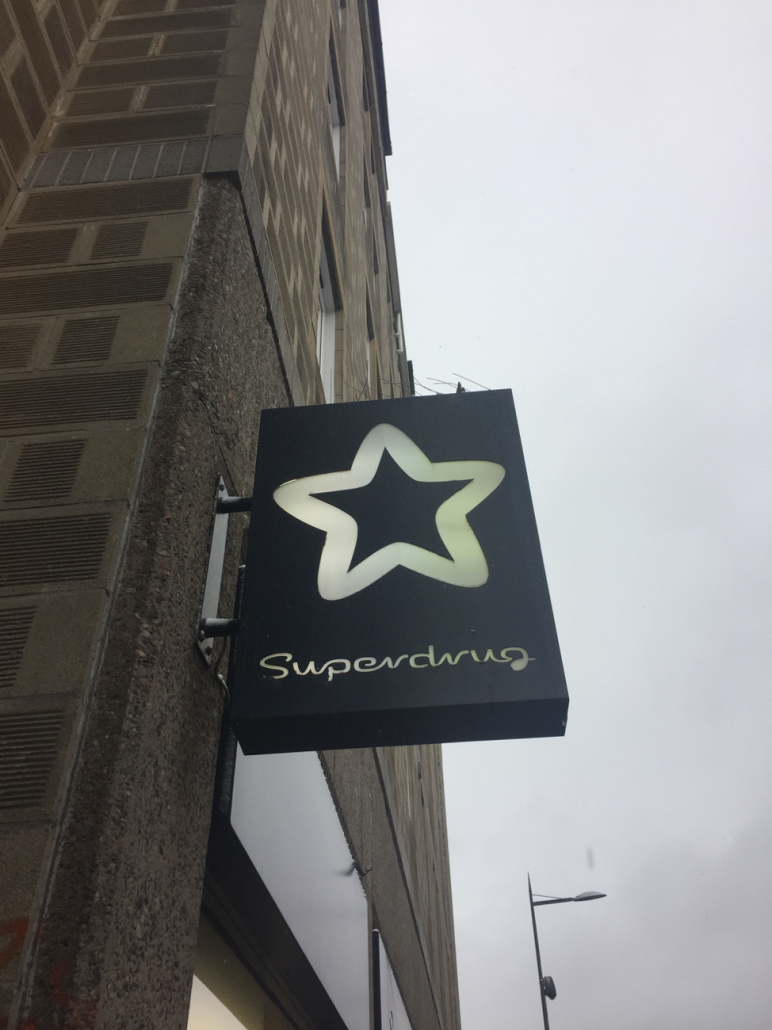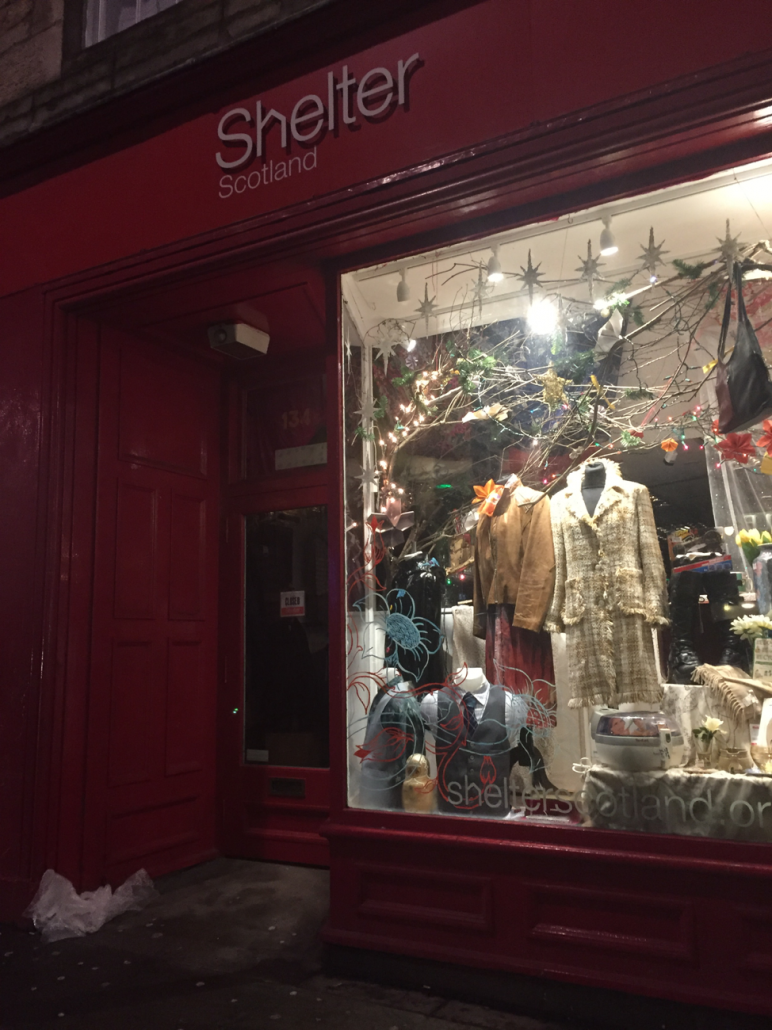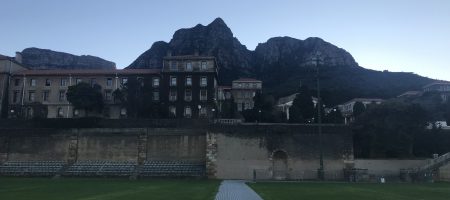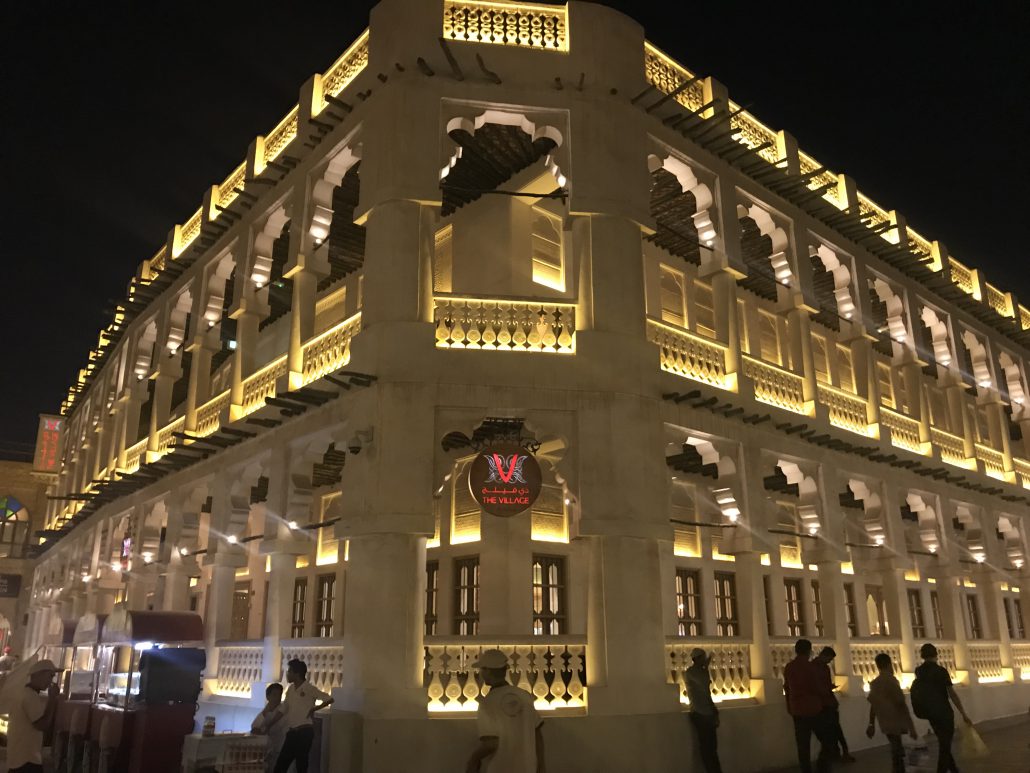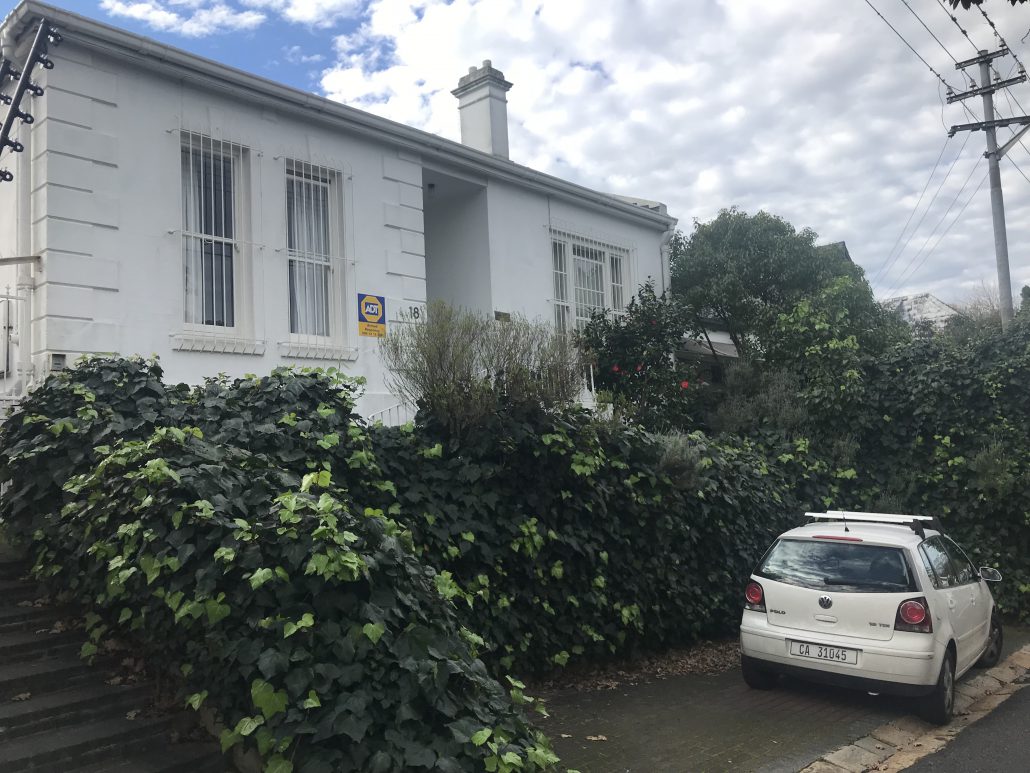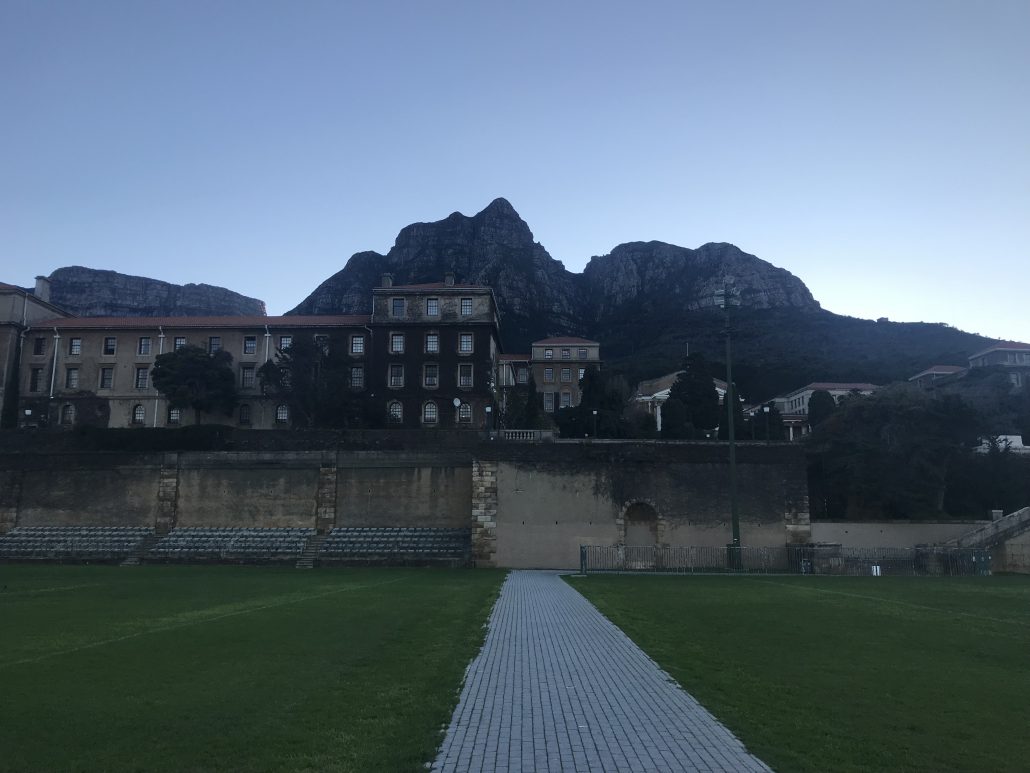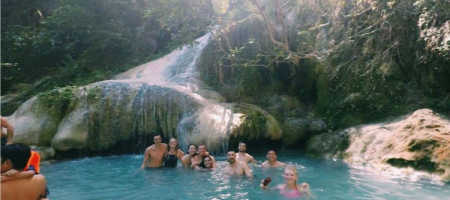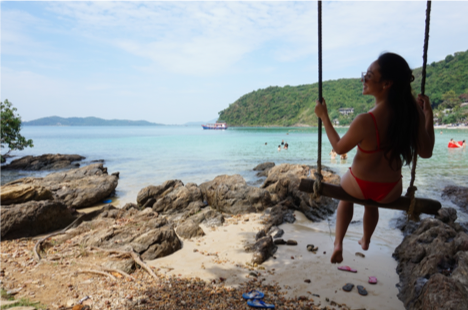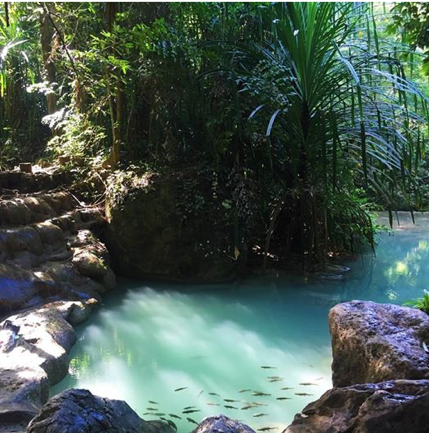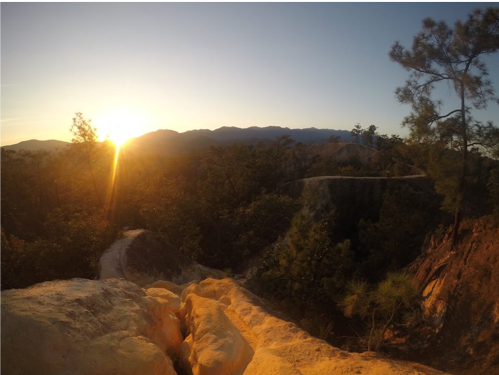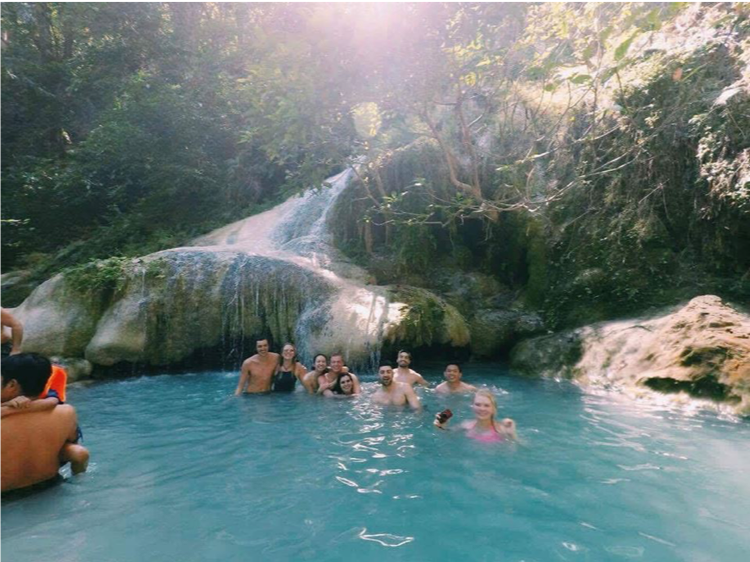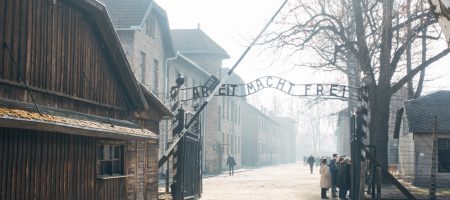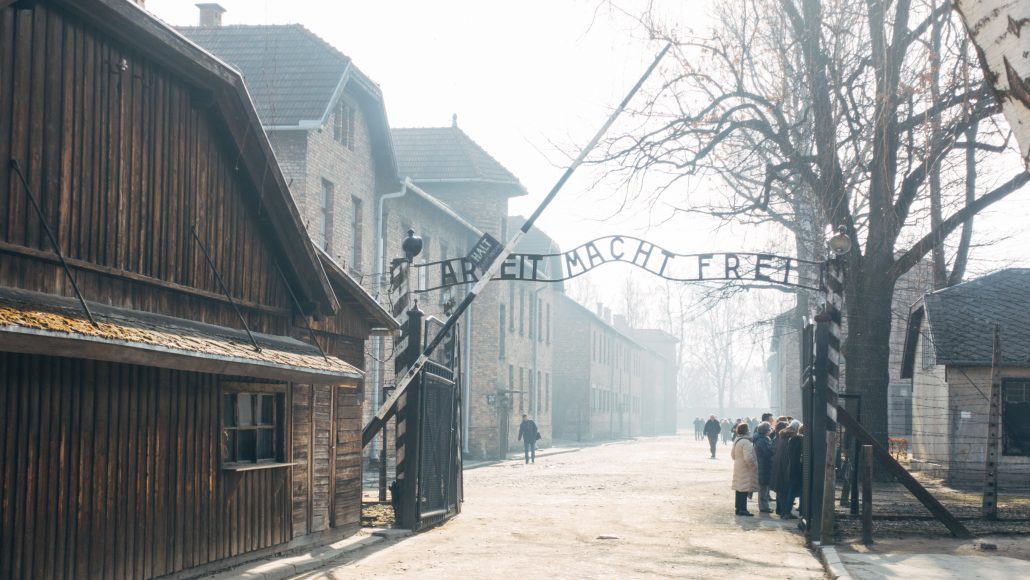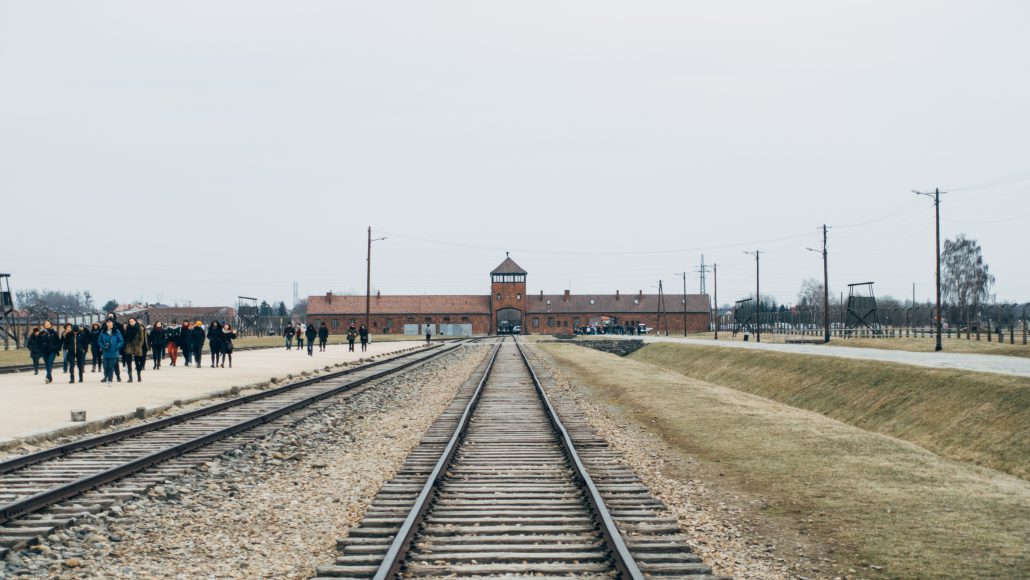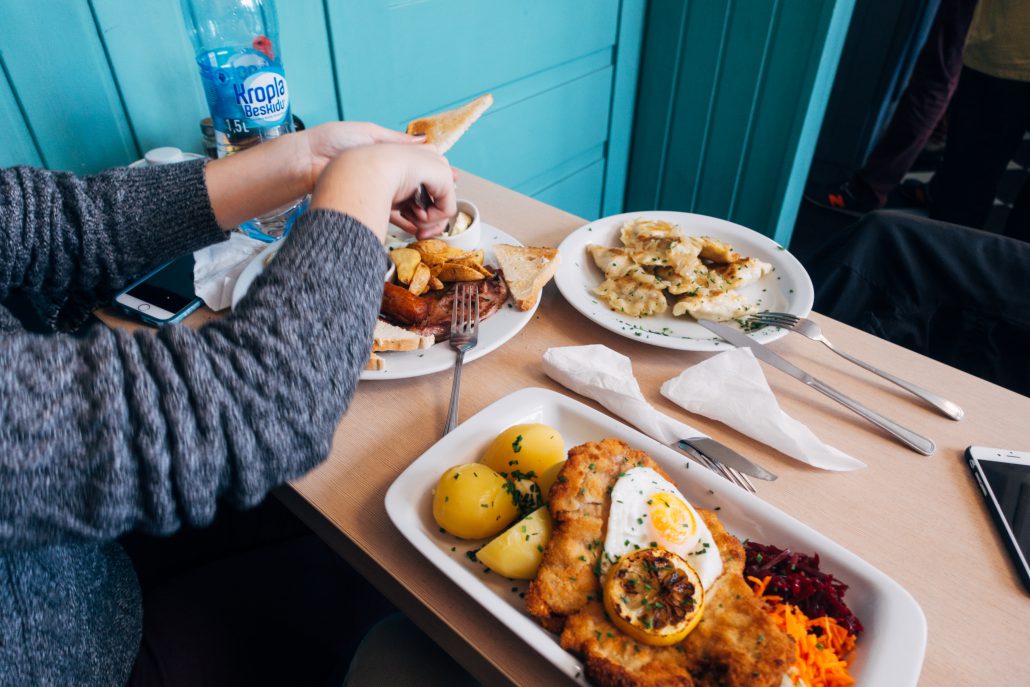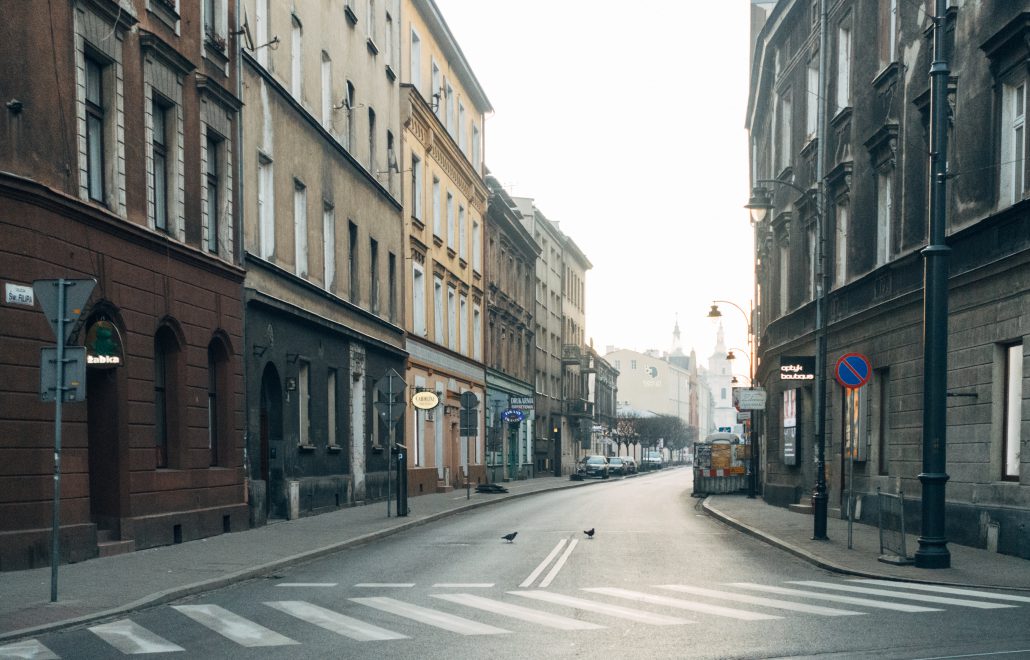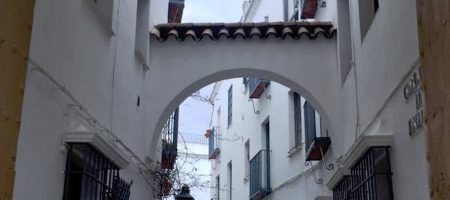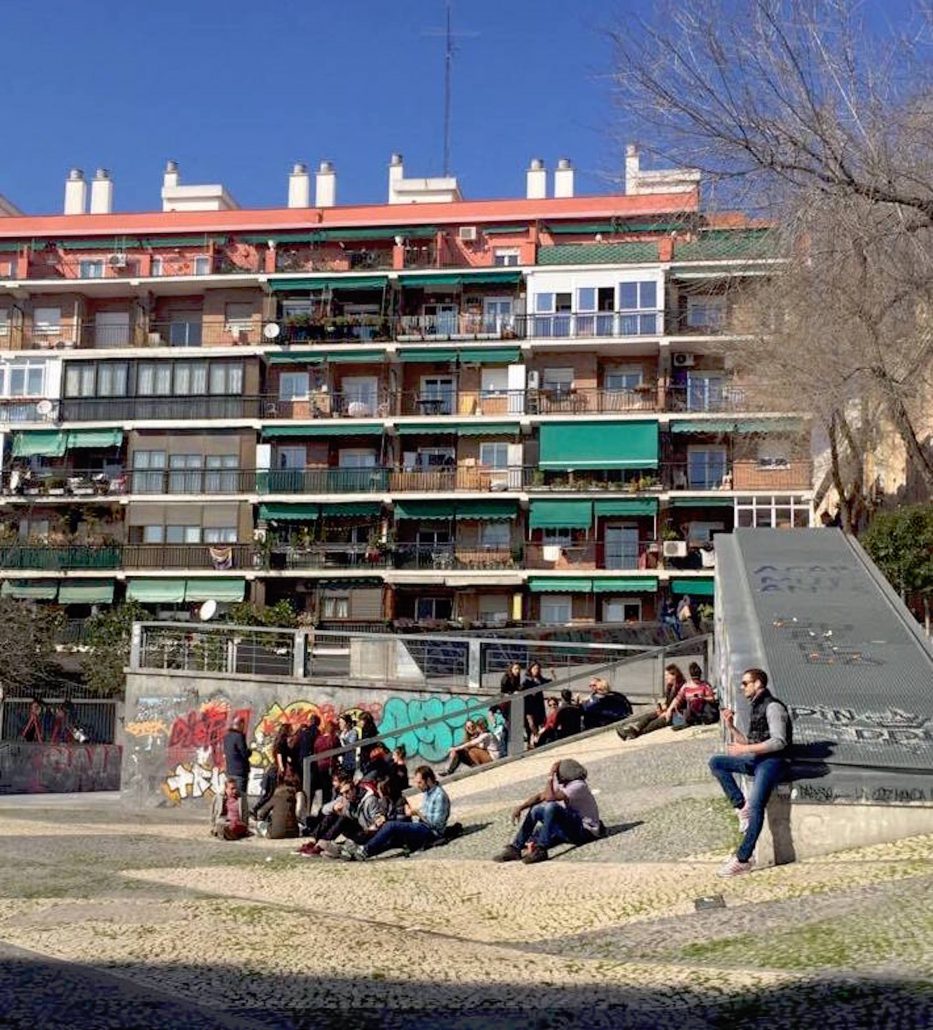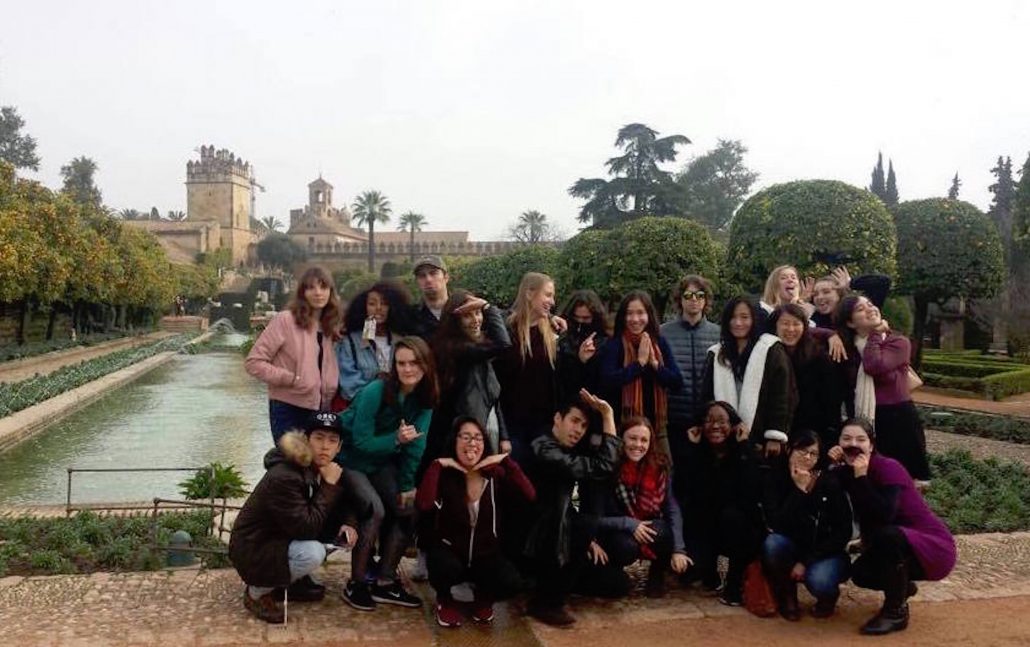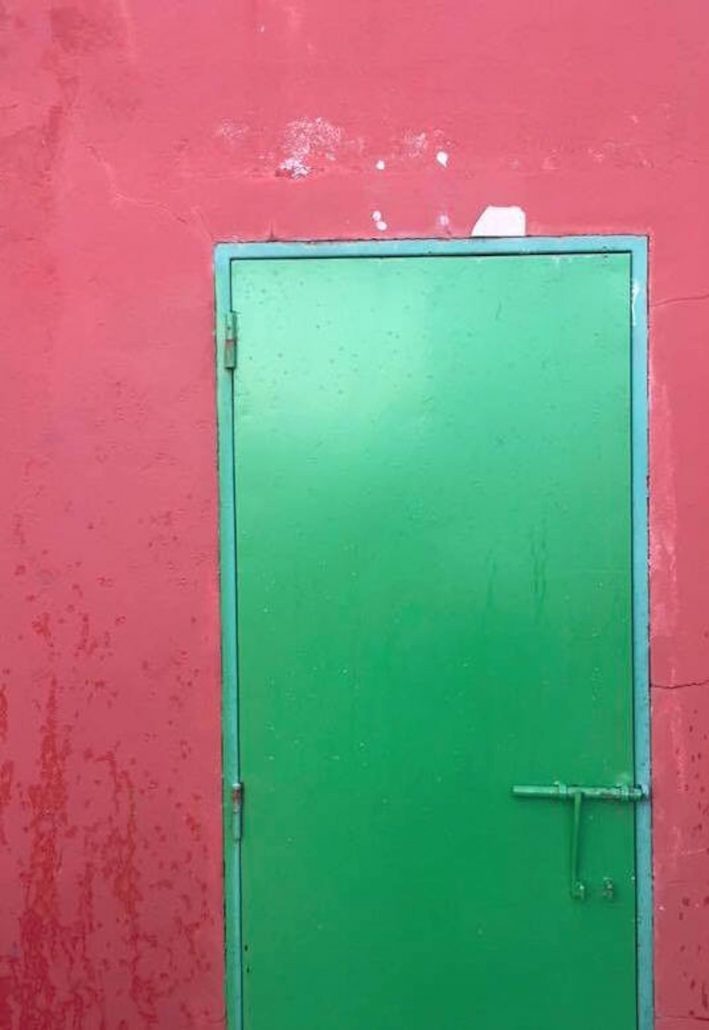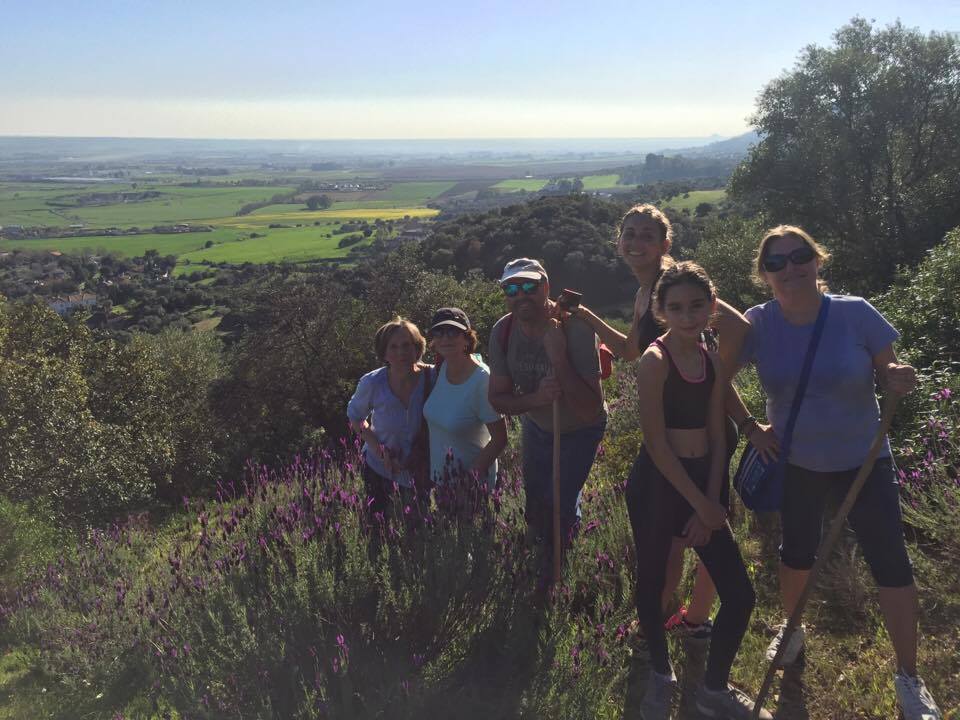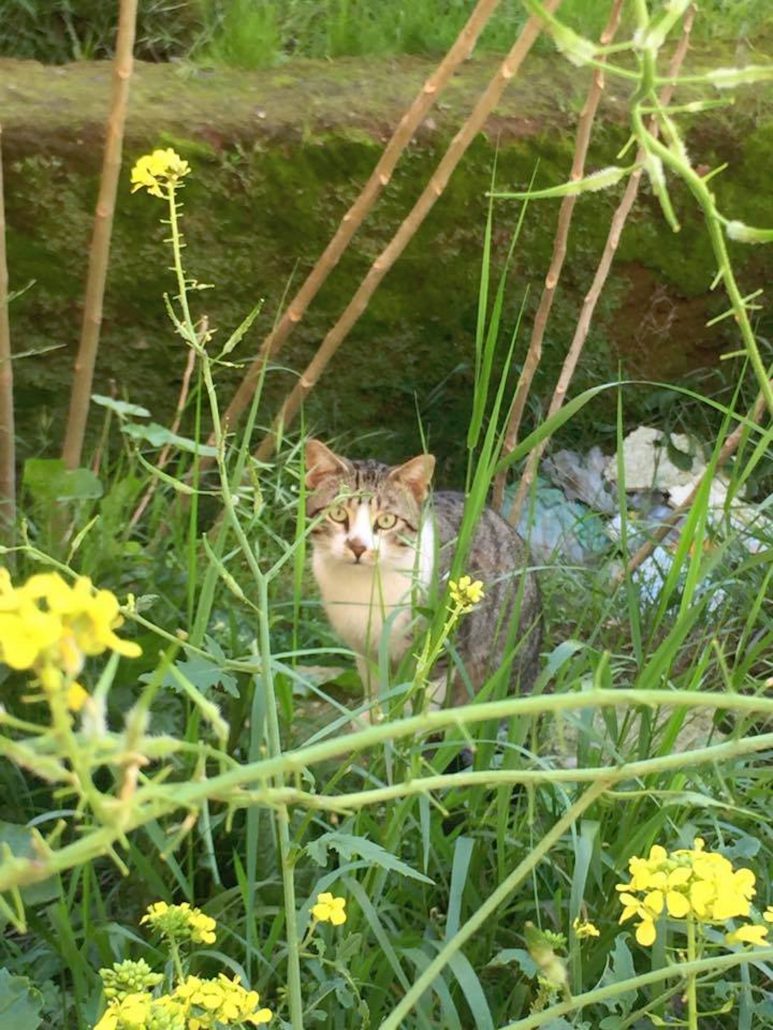Thailand | First Week at Thammasat University
BY RACHEL TANG
This past week, I started school at Thammasat University under the Faculty of Political Science. Although I had almost two months worth of winter break, it was refreshing being back at school again. I am taking five courses here (the majority of them focused on international relations). I was able to fit all of these classes from Wednesday to Friday, therefore I will have four day weekends. A good thing about having classes only three days a week is the fact that I won’t have to go to campus as often. My apartment is a 25-minute walk away from campus, which can be uncomfortable when the weather becomes even hotter and more humid. I also have the option of taking a ferry to class, which is fun but it takes about the same amount of time to walk. If I’m running late to class, I can take a taxi but try to avoid using it every day, since it is the most expensive option. The cafeteria food at Thammasat is very delicious. There are many options and all of them are cheaper than most street food, which is already quite inexpensive. Although all of my classes are three hours long, each one of my professors allow 15-25 minute breaks. I will usually have lunch in the cafeteria in between my morning and afternoon classes, and then return to the cafeteria for a snack between each break.
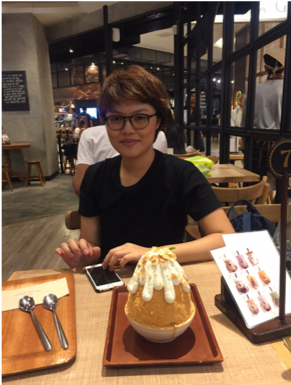
I also met my Thai buddy this past week. Her name is Belle and she has been extremely kind and helpful. We decided to go to a shopping plaza in central Bangkok. She showed me how to take a speedboat (which is a faster version of the ferry aforementioned) and the sky train (which is like the metro but it’s elevated above ground-level). The shopping plaza was called Siam and consisted of over 4 different shopping malls/areas. The malls here are beautiful and remind me a lot of home. I’ve noticed that a lot of Thai students enjoy going to malls after class, where there is so much shopping and a wide variety of food options in the food courts.
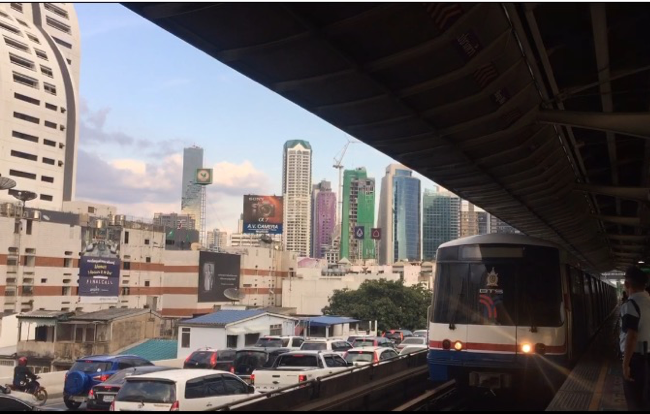
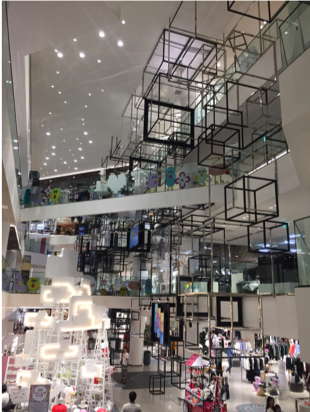
Rachel Tang studied abroad in Bangkok, Thailand, in spring 2017: http://eap.ucop.edu/OurPrograms/thailand/Pages/thammasat_univ.aspx


